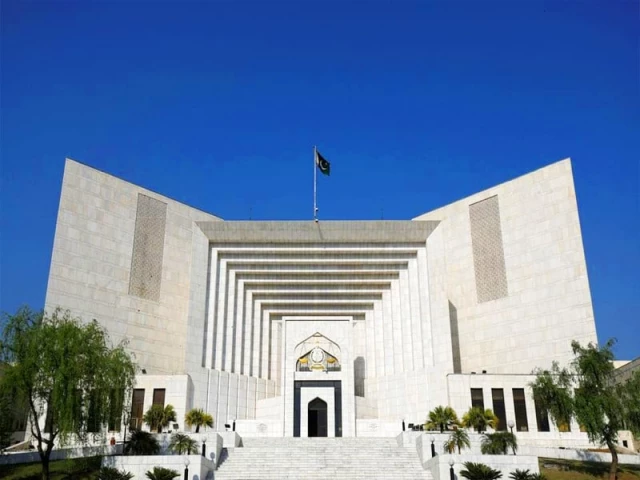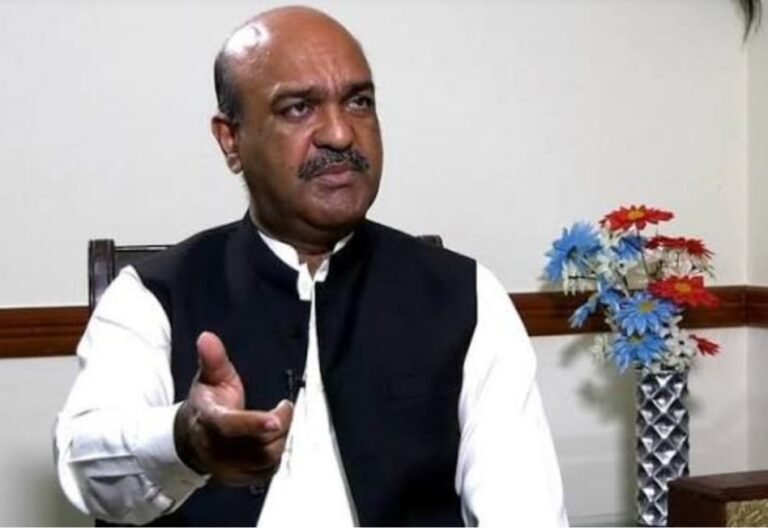Punjab’s Tax Holiday for Foreign Investors Raises Alarm Among Local Textile Firms
By Staff Reporter Farzana ChaudhryLAHORE: The Punjab government’s decision to grant a ten-year tax holiday to Chinese and Saudi investors has sparked mixed reactions across Pakistan’s textile sector — hailed as a move to attract foreign capital but criticized for sidelining domestic manufacturers. While industry observers acknowledge that the policy could bring new technology, scale,…
By Staff Reporter Farzana Chaudhry
LAHORE: The Punjab government’s decision to grant a ten-year tax holiday to Chinese and Saudi investors has sparked mixed reactions across Pakistan’s textile sector — hailed as a move to attract foreign capital but criticized for sidelining domestic manufacturers.
While industry observers acknowledge that the policy could bring new technology, scale, and investment into Punjab’s textile value chain, local producers warn that the exclusive incentives risk distorting competition and driving struggling local mills further into crisis.
The Pakistan Hosiery Manufacturers and Exporters Association (PHMA) expressed particular concern, urging the government to provide a level playing field. PHMA North Zone Chairman Abdul Hameed said that while foreign investment incentives can spur development, “neglecting local firms will worsen existing inequalities in access to finance, land, and regulatory relief.”
He cautioned that the preferential tax treatment could repeat imbalances seen under past schemes, such as the Export Facilitation Scheme (EFS), which benefited exporters importing duty-free materials while domestic suppliers remained taxed. “If foreign-backed units enter with cost advantages, long-established local enterprises may struggle to compete,” Hameed said, warning that small and medium manufacturers could be hit hardest.
The PHMA proposed that incentives should also extend to domestic firms investing in modernization, green technologies, or value-added exports. Hameed also called for performance-based conditions on foreign investors, including job creation targets, local sourcing requirements, and technology transfer commitments to ensure that newcomers contribute to Pakistan’s industrial ecosystem.
Local textile producers have also voiced frustration over policy unpredictability, citing abrupt tax changes and refund delays that undermine confidence. “If foreign investors enjoy stability and relief while local firms face uncertainty, it creates a two-tiered industrial system,” Hameed warned.
He urged the government to prioritize infrastructure upgrades, affordable energy, and soft credit access for all manufacturers, enabling domestic firms to compete effectively.
Despite concerns, PHMA reaffirmed its support for foreign investment, provided it strengthens rather than displaces the domestic industry. “Pakistan’s textile future depends on empowering both local and foreign investors,” Hameed said. “Growth must be inclusive to ensure long-term resilience and export competitiveness.”







